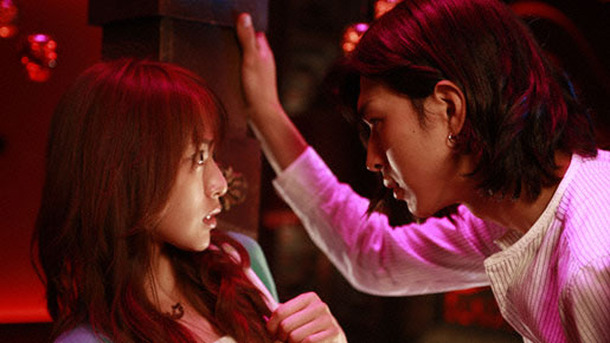Hello and welcome to a Japanese learning blog that you've been looking for!
There are many reasons to enjoy Japanese dramas. I will make sure you learn while you watch them.
We will make dialogues from dramas our source of fluent Japanese 😼
Talk to me on Facebook: www.facebook.com/learnjapanesefromdramas
Let the fluency begin!
ライアーゲームスタートです (Laia- ge-mu suta-to desu) - Let the liar game begin! *
*A catchphrase from a drama "Liar game".
There are many reasons to enjoy Japanese dramas. I will make sure you learn while you watch them.
We will make dialogues from dramas our source of fluent Japanese 😼
Talk to me on Facebook: www.facebook.com/learnjapanesefromdramas
Let the fluency begin!
ライアーゲームスタートです (Laia- ge-mu suta-to desu) - Let the liar game begin! *
source: cinemacafe.net
*A catchphrase from a drama "Liar game".


Comments
Post a Comment